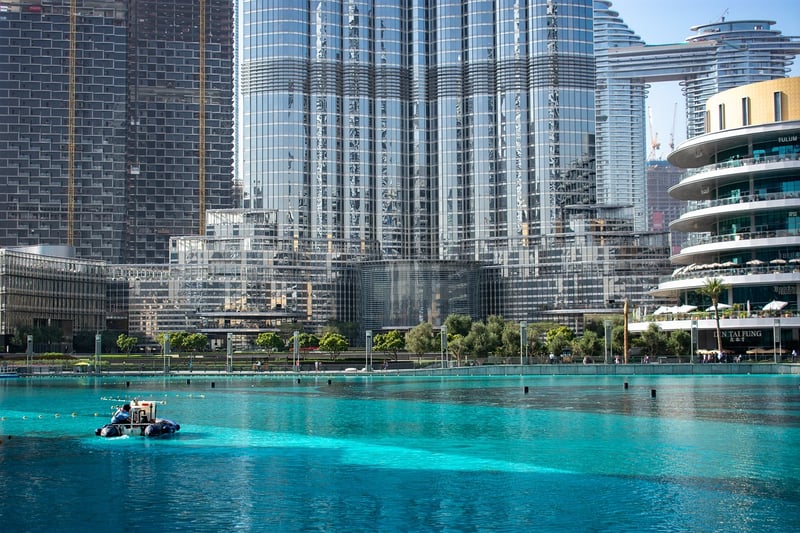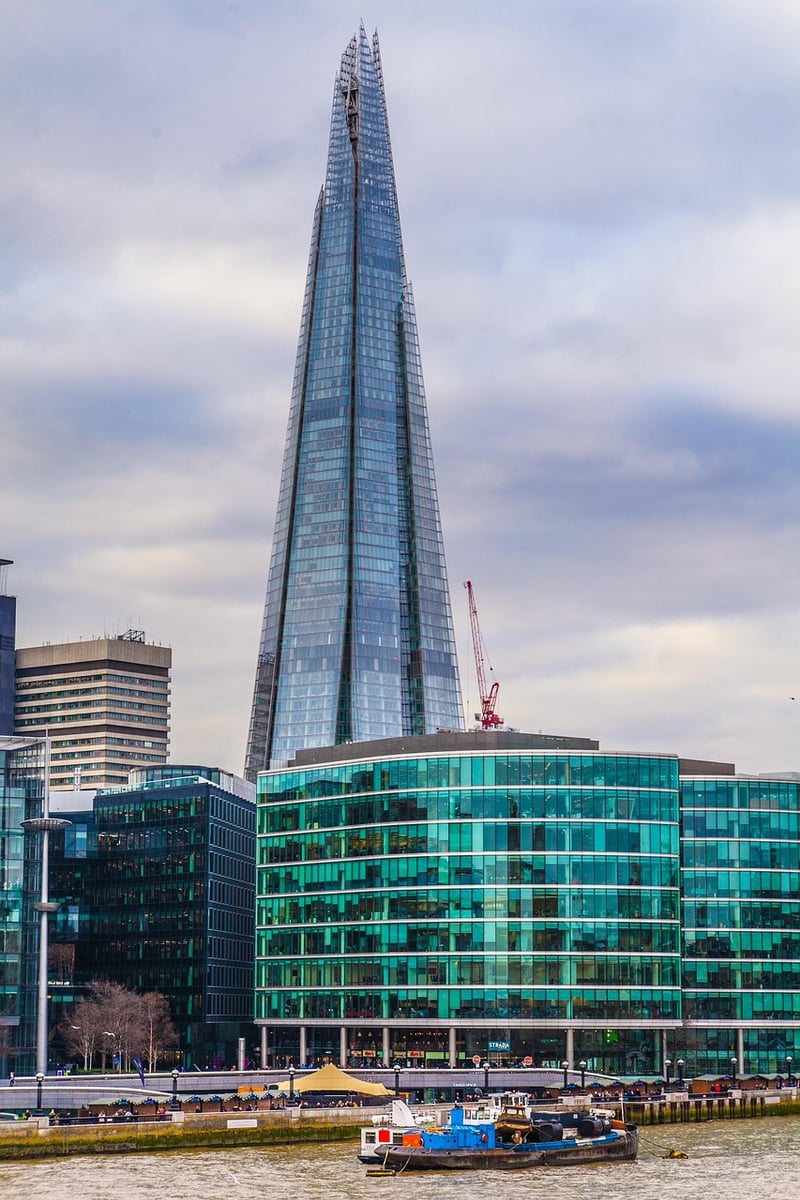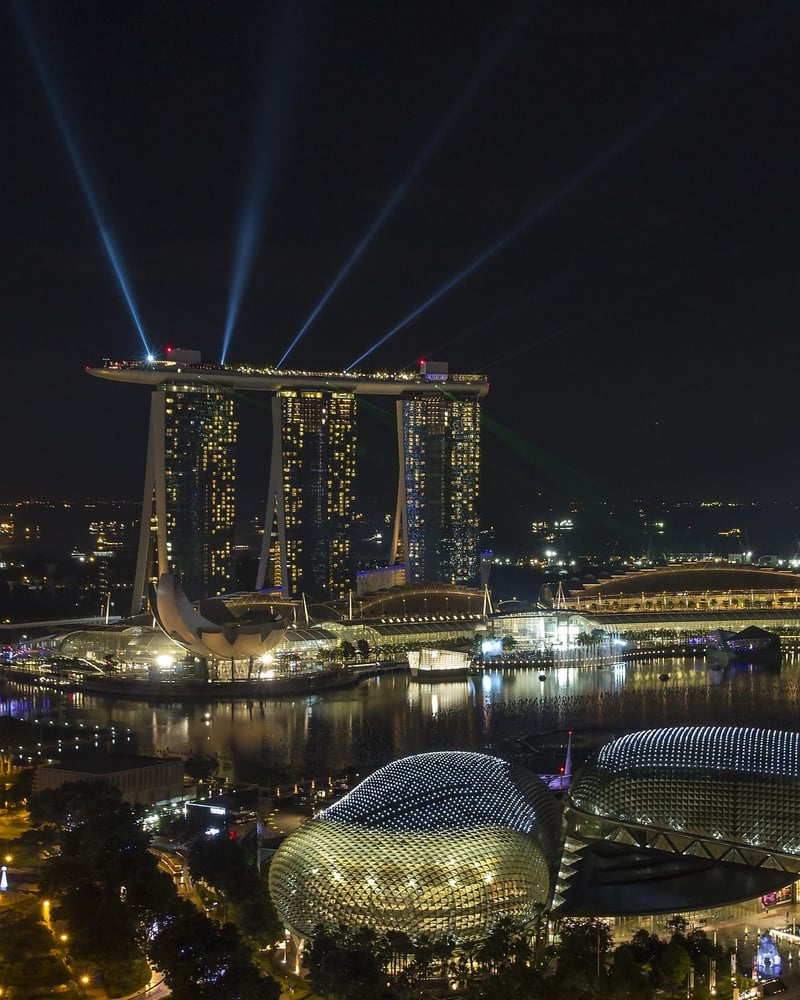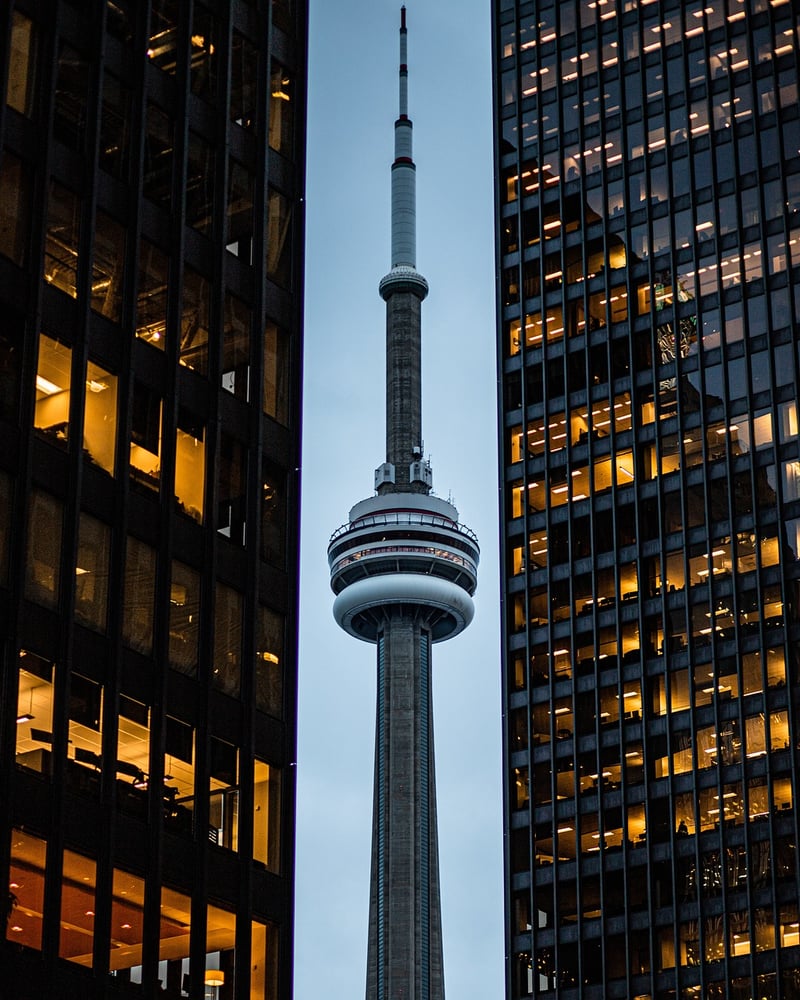Vertical Towers
Maximizing Vertical Space with Vertical Towers
When it comes to making the most of your space, especially in urban environments where square footage is at a premium, thinking vertically can be a game-changer. Vertical towers are architectural marvels designed to maximize vertical space efficiently and sustainably.
The Advantages of Vertical Towers:
- Space Optimization: Vertical towers make efficient use of land by going skyward, allowing for more living or working spaces on a smaller footprint.
- Scenic Views: Residents or occupants of vertical towers often enjoy breathtaking views of the surrounding skyline or natural landscapes.
- Green Spaces: Many vertical towers incorporate green spaces, rooftop gardens, or terraces, creating a harmonious blend of urban living and nature.
- Energy Efficiency: Modern vertical towers are designed with sustainability in mind, utilizing technologies like solar panels, wind turbines, and smart systems to reduce energy consumption.
- Community Living: Vertical towers can foster a sense of community with shared amenities such as gyms, pools, cafes, or coworking spaces within the building.
Examples of Impressive Vertical Towers:
1. Burj Khalifa, Dubai

The Burj Khalifa stands as the tallest building in the world, a shining example of vertical architecture that symbolizes Dubai's futuristic vision.
2. The Shard, London

Located in London, The Shard boasts a unique design and offers unparalleled views of the city from its observation decks and luxury residences.
3. Marina Bay Sands, Singapore

Marina Bay Sands in Singapore is a stunning integrated resort featuring three towers topped with a sky park that includes a pool and gardens.
Vertical towers are not just buildings; they are symbols of innovation, sustainability, and the human desire to reach new heights both literally and figuratively.
Embrace the verticality and experience a new dimension of urban living with these towering marvels!
